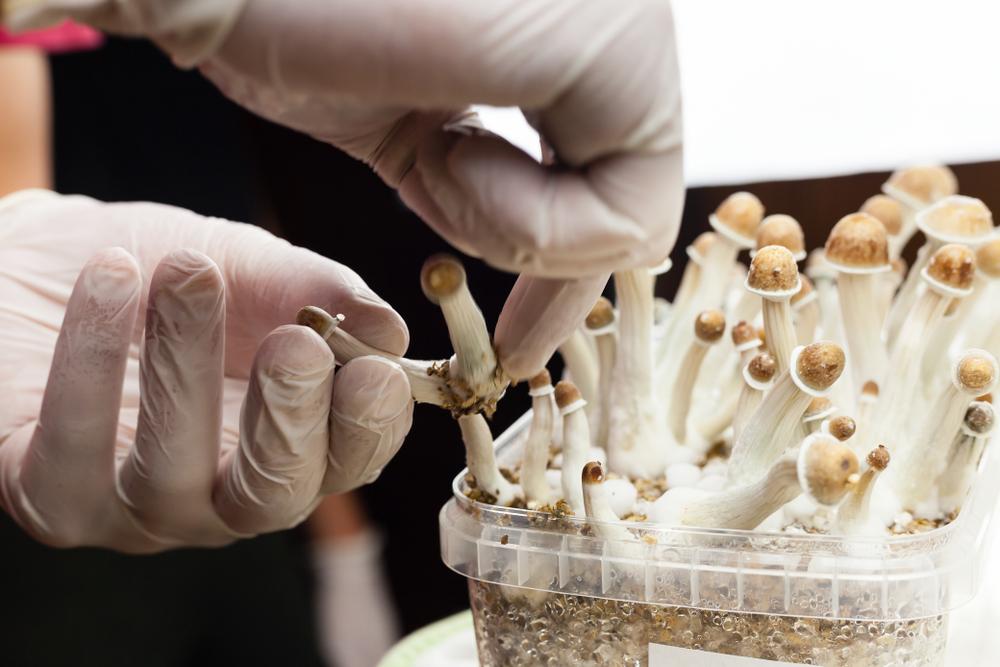A California bill to legalize psychedelics for medical use among veterans and first responders will not move forward because of a lack of support, according to its author.
State Senate Minority Leader Brian Jones, a Republican from San Diego, withdrew the bill on June 25 after learning that Democrats on the Assembly’s Health Committee were opposed to it. Last year, he said, that was not the case when lawmakers supported a bill to fully decriminalize the drug.





